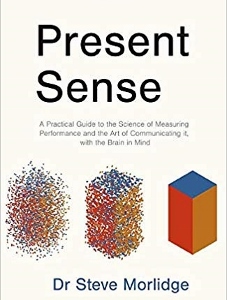
Excerpt from Steve Morlidge's new book Present Sense (Matador, 2019). Part 3: Not Storytellers But Reporters This is not the place to explore the role and ethics of performance reporting in detail, but I think there are at least four key duties. The duty of clarity Performance reports should be

